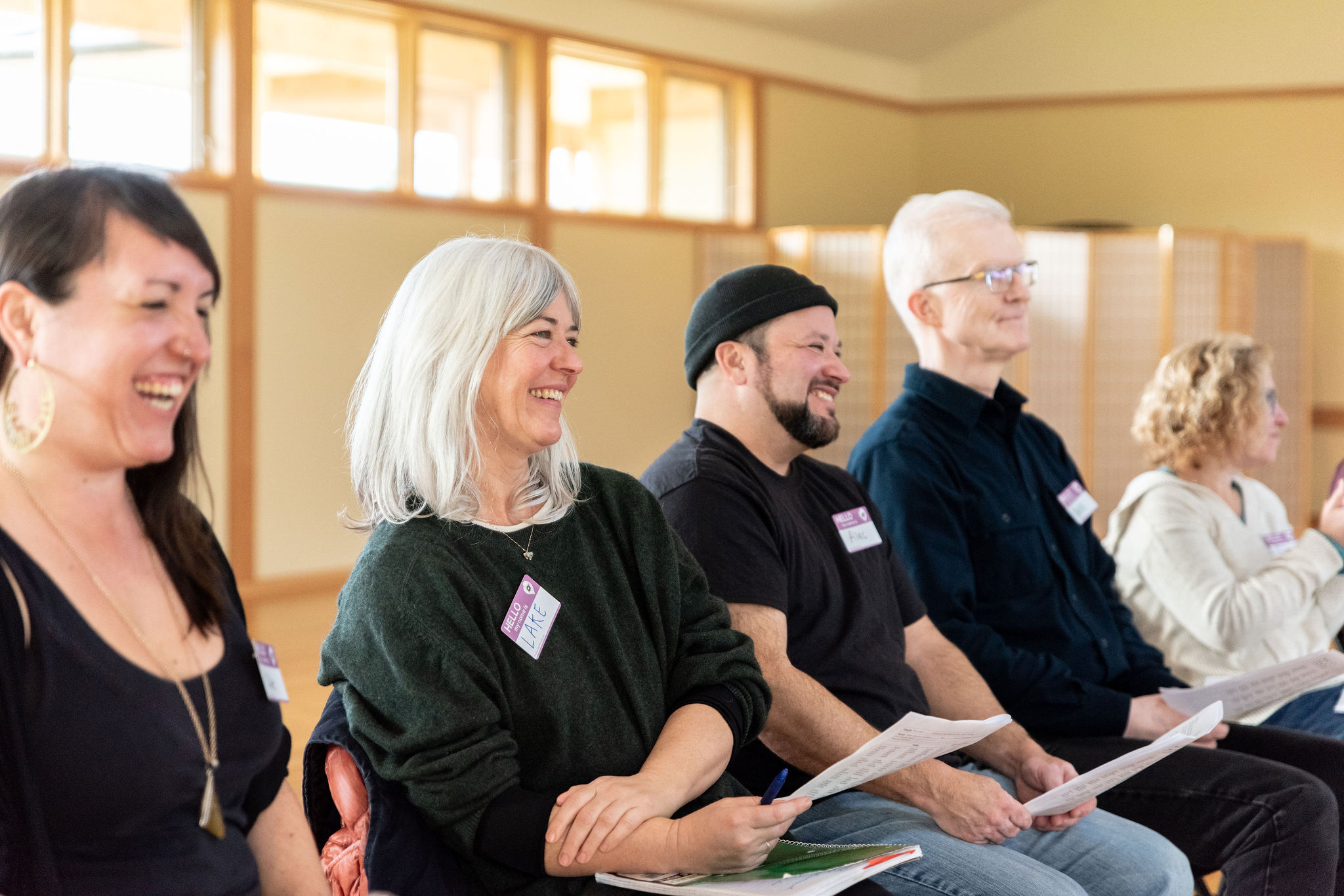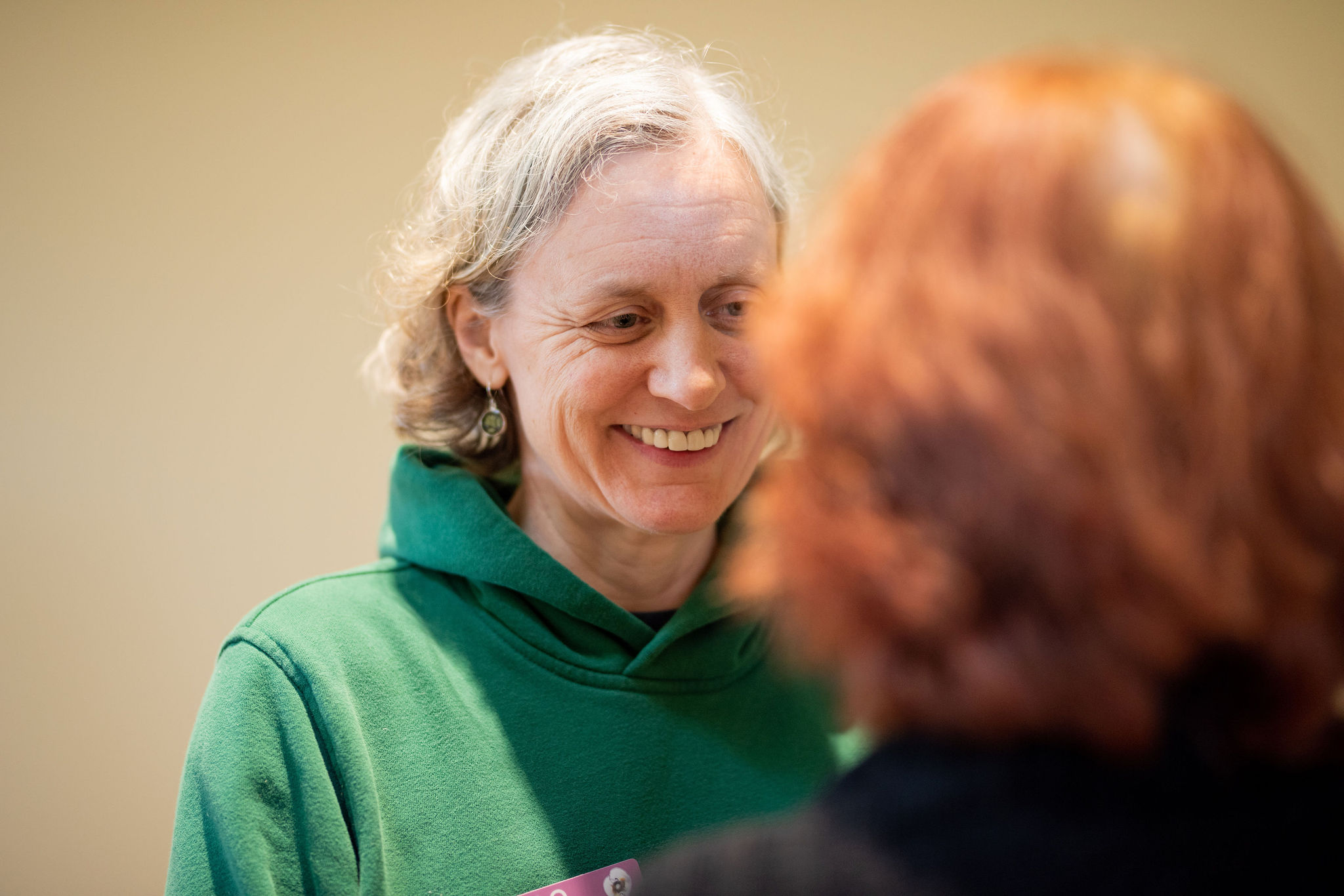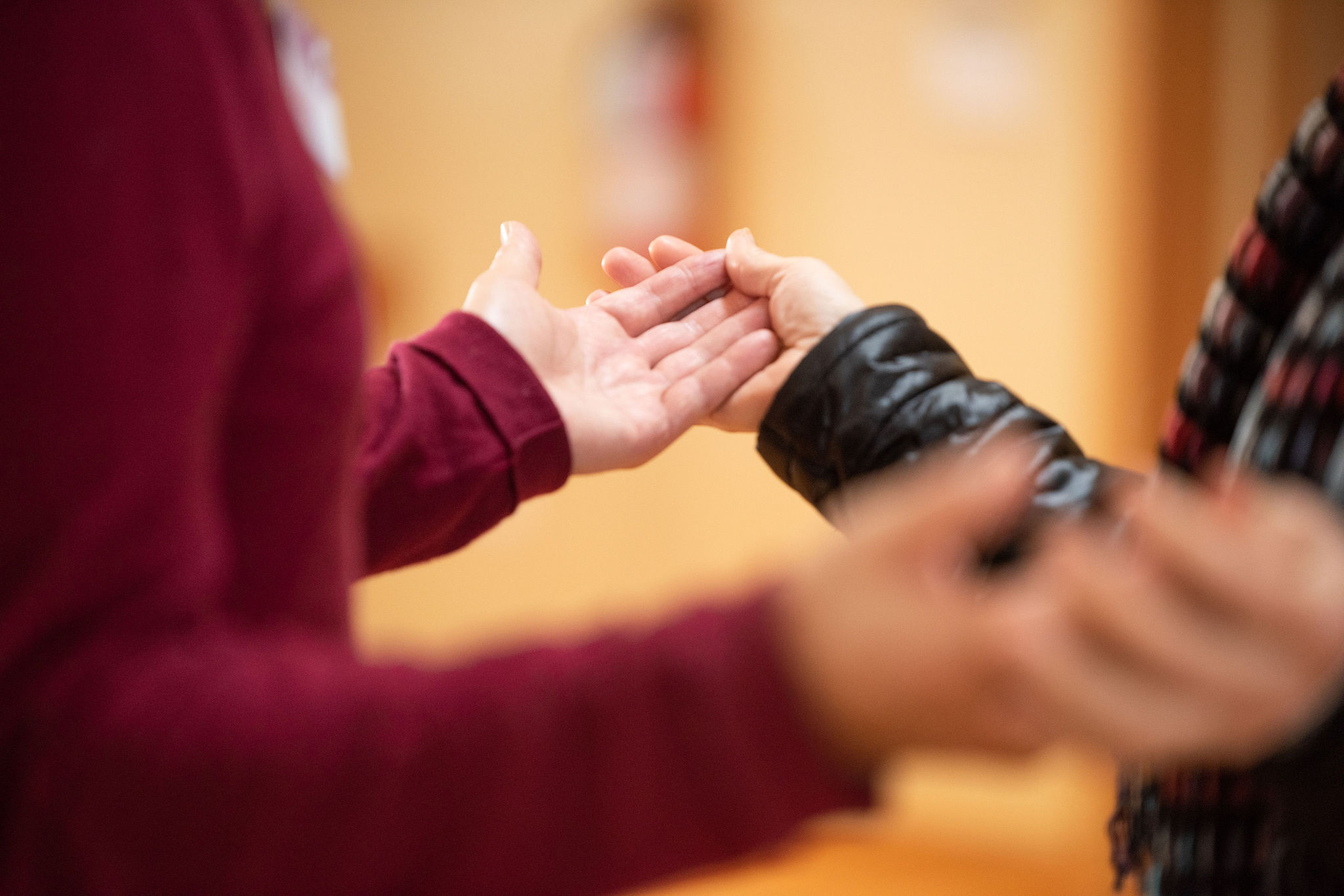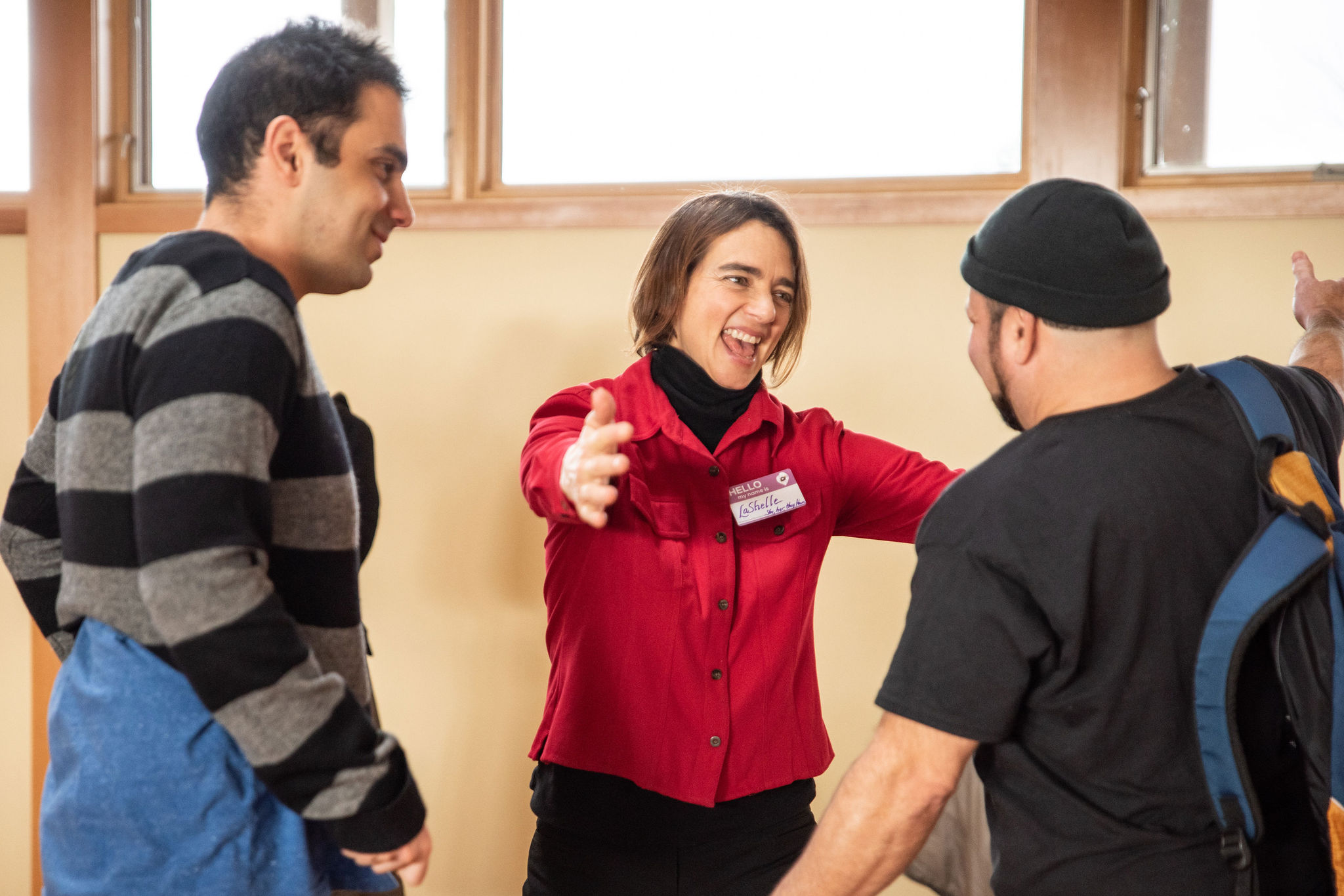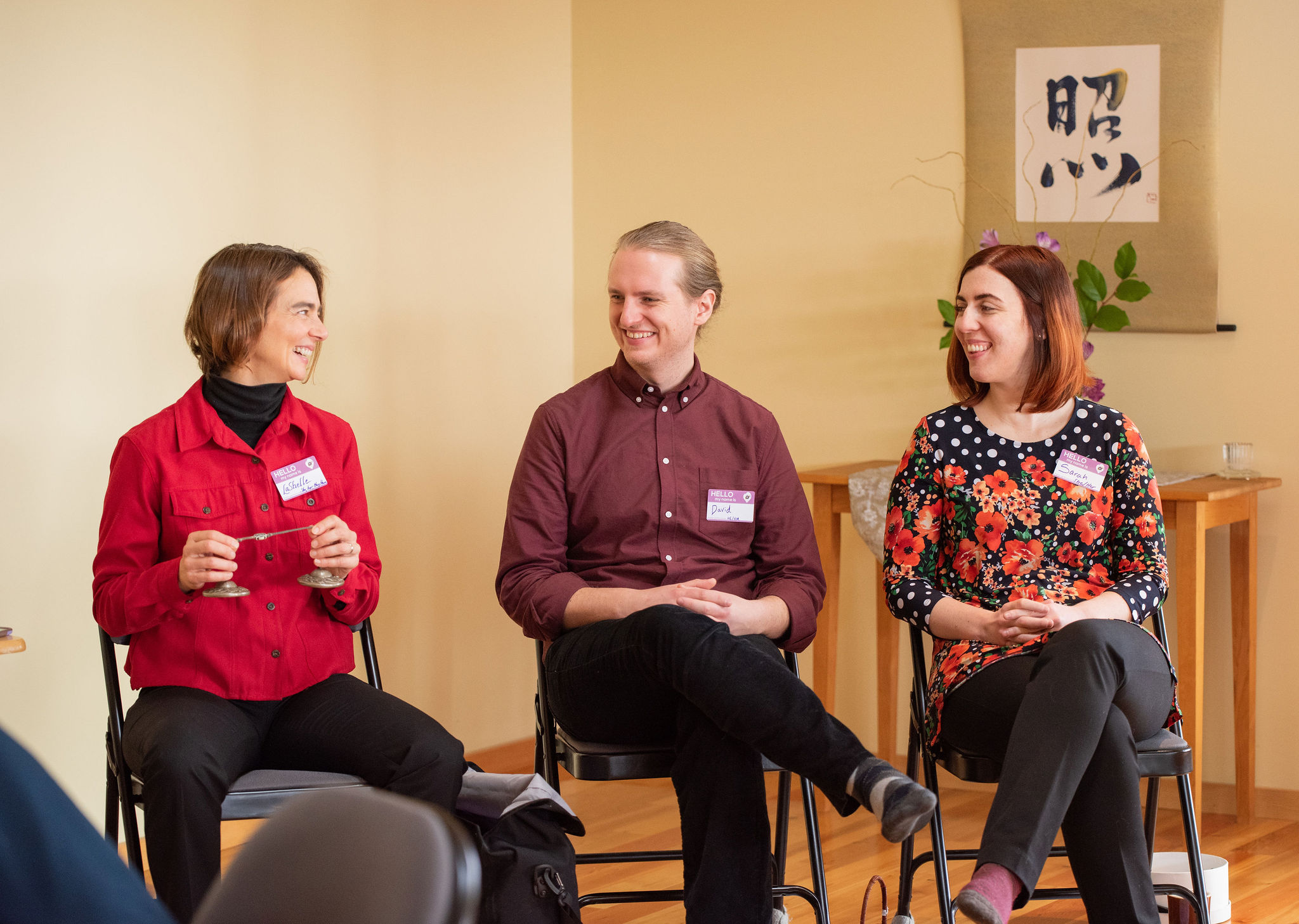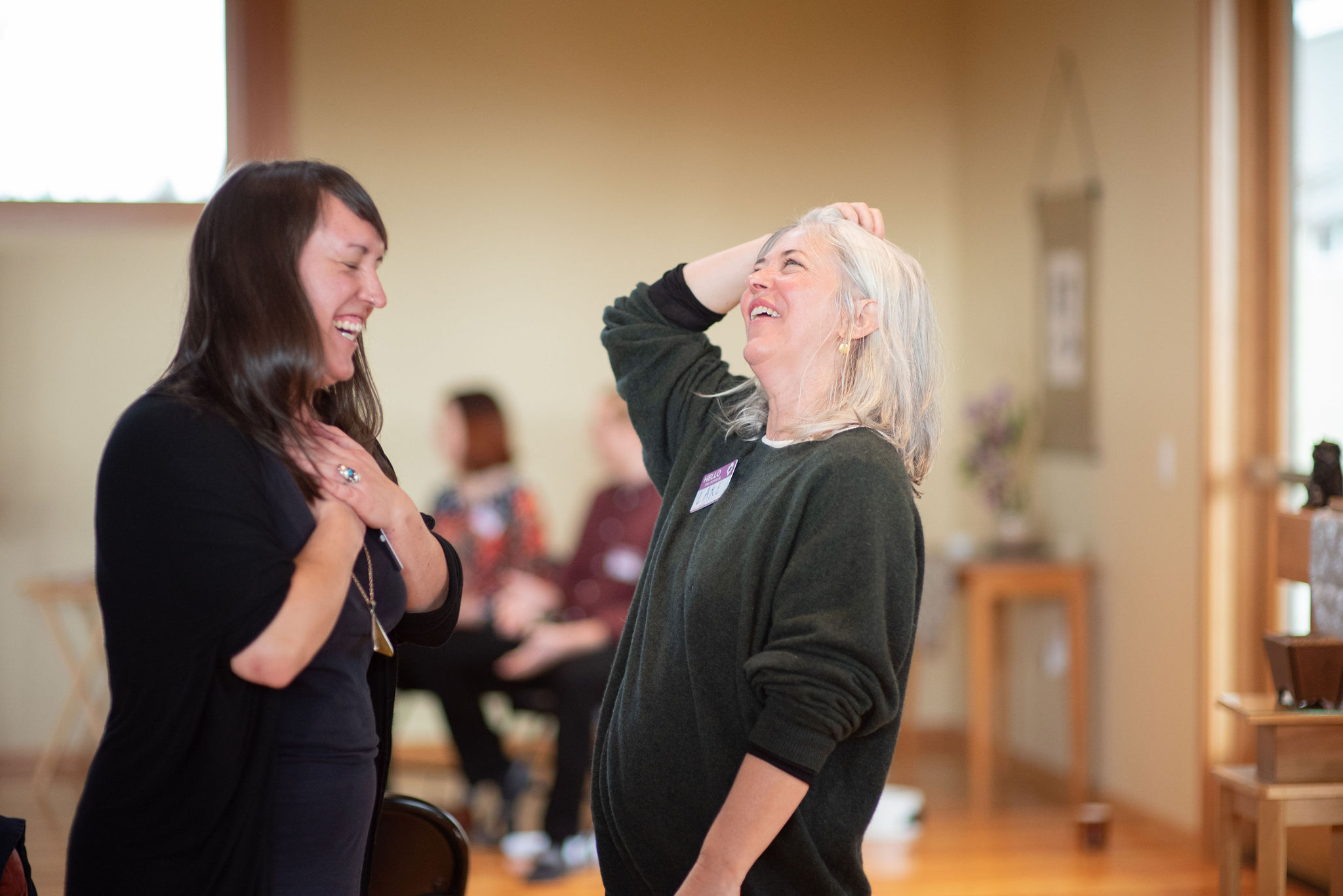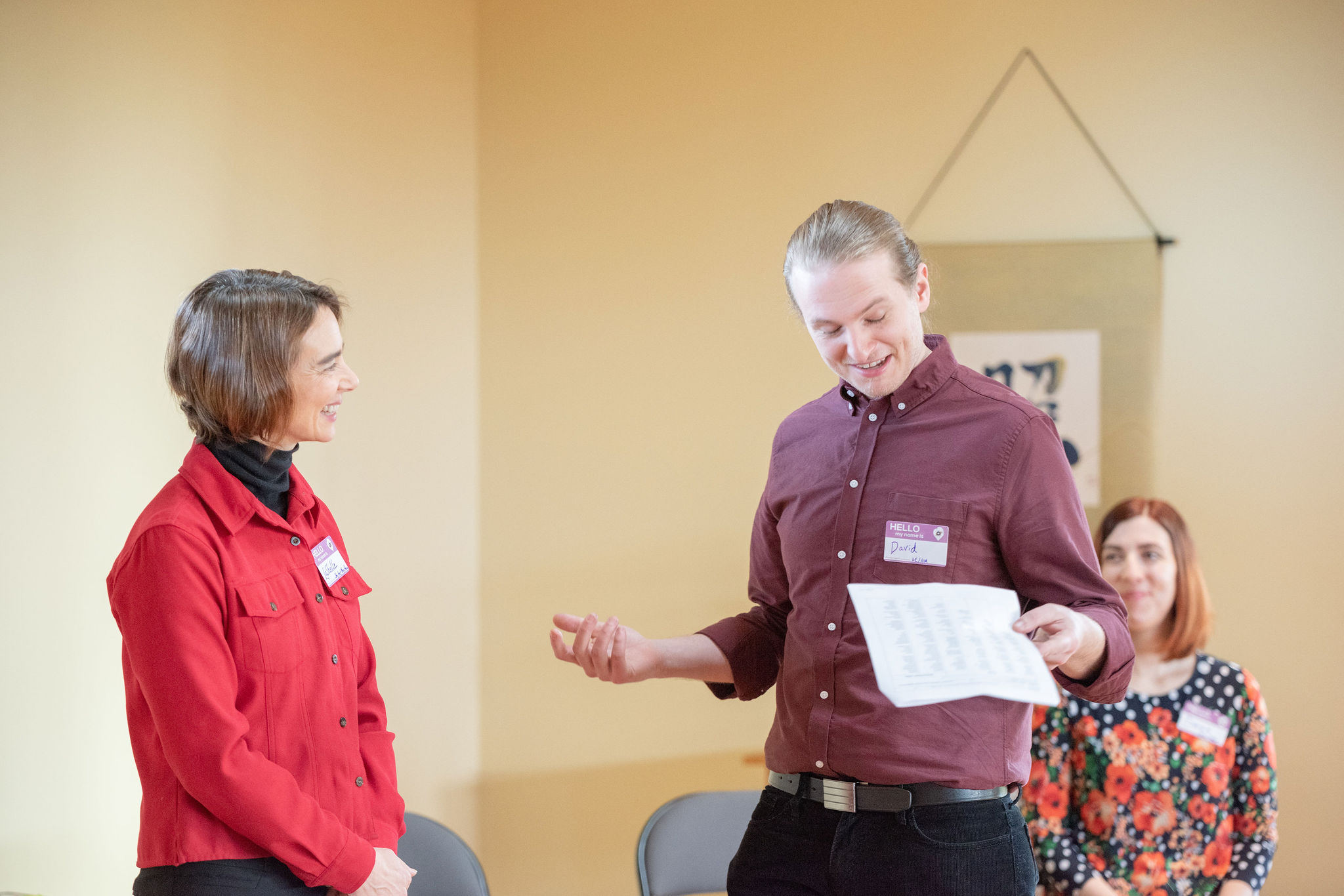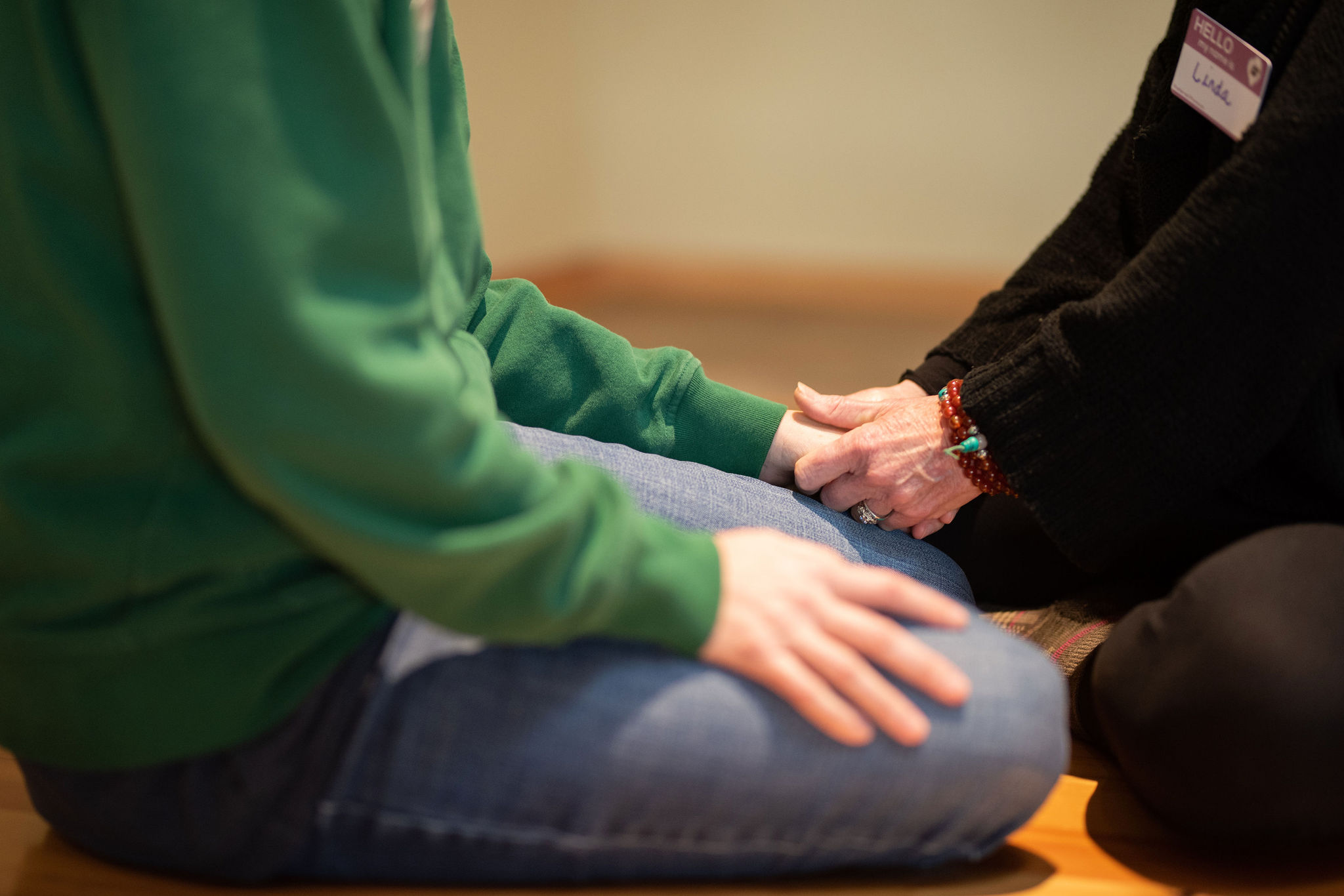Is this you?
You would like to build a lasting foundation for a thriving relationship.
OR
Your relationship is new and you want to start out right.
OR
You have been together many years and want a new way through old arguments.
In either case, you value mindful communication. You want a shared language to collaborate and work through challenges. You value cultivating a secure emotional bond with your partner, while also supporting their autonomy and unique way in the world.
You know that learning mindful communication and cultivating a thriving relationship, requires reflecting on and taking responsibility for your habits and reactive patterns. You are ready to make changes and learn new skills.
You and your partner have enough connection to share vulnerably and work collaboratively in learning and practicing new skills.
What is it all about?
Mindful Compassionate Dialogue (MCD) is a comprehensive system designed to help create thriving relationships through personal transformation and mastery of 12 relationship competencies and nine foundational practices. Mindful Compassionate Dialogue naturally supports you in creating the relationships you want by integrating the wisdom and skills of three powerful modalities: Hakomi, Nonviolent Communication (NVC), and Mindfulness.
Hakomi offers clarity about reactivity and healing. NVC offers a means for self-responsibility, skillful communication, and agency. Mindfulness adds the stable attention and clear focus needed to continuously refine your relationship to experience and access wisdom and compassion.
What to expect:
You will spend the day learning and practicing with your partner in structured experiential exercises. There will be one or two small group exercises. Many of these exercises incorporate mindfulness. Exercises and instruction attempt to make use of a variety of learning modalities; verbal, kinesthetic, and visual.
You will use examples from your own life to engage in exercises. You will debrief the exercises in the whole group. You can participate in the debrief by sharing or by listening silently.
You will not be asked to reveal details of your relationship with the group. You are asked to only speak for yourself, not sharing any details about your partner without in the moment expressed permission.
The trainer and assistants will be available during exercises to help you get the most from your experience and clarify the exercises as needed.
While all of the 12 relationship competencies will be addressed in some way throughout the day, you will have an opportunity to explicitly learn and practice the following:
Appreciation
Empathy
Honest Expression
Recognizing Reactivity
Managing Reactivity
Needs Based Negotiation
APPRECIATION: COMPETENCY 1
Appreciation is a form of honest expression. It’s about noticing what’s working well and saying that aloud more often than expressing what’s not working. It is actually a form of positive feedback: Appreciation is about expressing what works in clear and specific terms. It’s not about building someone’s self-esteem or giving praise. Appreciation practice lays a foundation for collaborative and vibrant relationships. It supports the ability to meet challenges with skill and grace and contributes to resilience by creating a sense of confidence that each person’s good intentions and effective contributions are known.
EMPATHY: COMPETENCY 2
There are so many benefits of cultivating empathy in your relationships. When you can give and receive empathy, each person has a deep sense of being heard. Knowing you can be heard allows defensiveness to relax and connection to become possible. Empathy contributes to healthy differentiation, as well as emotional security. With empathy, you can truly be a companion and provide support for another without taking on their struggles as your own.
Empathy is a heart-based response to a heart-based expression of another. Empathy means giving your compassionate curiosity to another’s experience without having an agenda. It often involves verbally guessing another’s feelings and needs. For example, when someone shares about a difficulty at work, instead of trying to problem-solve you can make an empathy guess like, “Are you feeling discouraged because you need support?” In this way, empathy makes space for being present with feelings and needs so that the door to wisdom and compassion opens naturally.
HONEST EXPRESSION: COMPETENCY 3
Honest expression is a rich and subtle practice that empowers you to live in alignment with your deepest values. Doing so often feels vulnerable, as it requires awareness and direct expression of your needs, explicit acknowledgment of interdependence through specific and doable requests, and negotiation with others. It helps you to truly collaborate with others while fully maintaining autonomy and self-responsibility.
Honest expression includes the following:
Awareness of your intention when you speak
Awareness of the quality of connection in a given moment, both with yourself and another
Taking responsibility for reactivity by learning to recognize it and then name it aloud or taking time to get grounded before continuing to engage in dialogue
Expressing feelings and needs with full self-responsibility by making specific and doable requests of yourself or another
Taking responsibility for thoughts, speech, and reactivity by discerning the difference between what you actually observed and the interpretations you made
Knowing the difference between universal needs and related preferences and strategies for how needs are met
Communicating specific and doable requests as the starting point of collaboration
RECOGNIZING REACTIVITY: COMPETENCY 5
Recognizing reactivity means freedom. The moment you can recognize reactivity arising, you can be free from its grip on you. In addition, when you learn to track reactivity in yourself, you can more easily recognize it in others. This means you can take effective action to prevent escalating arguments.
Reactivity is defined as the misperception of threat to one or more needs. It can be recognized by at least three main characteristics:
1) A change in physiology, such as heart rate or breathing
2) A stuckness or narrowing of view
3) A loss of access to creativity, skills, broad perspective, wisdom, and compassion
Recognizing reactivity means becoming familiar with the many signs and symptoms that it is arising. When you fully know reactivity, it can’t take over. You get to choose speech and actions that truly serve you and others.
MANAGING REACTIVITY: COMPETENCY 6
When you learn to manage reactivity effectively, a whole world of possibility opens up for you and your relationships. You find it is safe to be yourself in your relationships. Reactivity can come and go without causing major ruptures in connection. You see it as normal and trust that it won’t take over. When you are not walking on eggshells because of reactivity, your relationships have space to grow and evolve in new ways.
Once you learn to recognize reactivity, it becomes your cue to engage the skills you have for managing it. Managing reactivity includes skills such as regulation, interpersonal de-escalation, self-empathy, naming, recognizing blame, working with tender needs, and engaging in healing work.
NEEDS BASED NEGOTIATION: COMPETENCY 7
Learning needs-based negotiation will give you a sense of ease and creativity as you face the most difficult situations in life. You will be able to enter into challenging dialogues with a confidence that all needs can be honored.
There are three key distinctions that make needs-based negotiation different from other forms of negotiation. First, in needs-based negotiation, the quality of connection is the top priority. We trust that when there is a particular quality of connection, collaboration and creativity become accessible.
Second, when the aliveness of needs/values in the present moment inform the process, we find truly effective strategies, solutions, and agreements.
Lastly, needs-based negotiation is inclusive. It rests on a confidence that each person can be equally honored and respected.
Details:
Trainer: LaShelle Lowe-Chardé
Assistants: Phyllis Brzozowska
When: Saturday, 9:30am - 5:30pm, September 7, 2019
Where: Dharma Rain Zen Center, 8500 NE Siskiyou, Portland, OR 97220
Cost: $170 per couple



